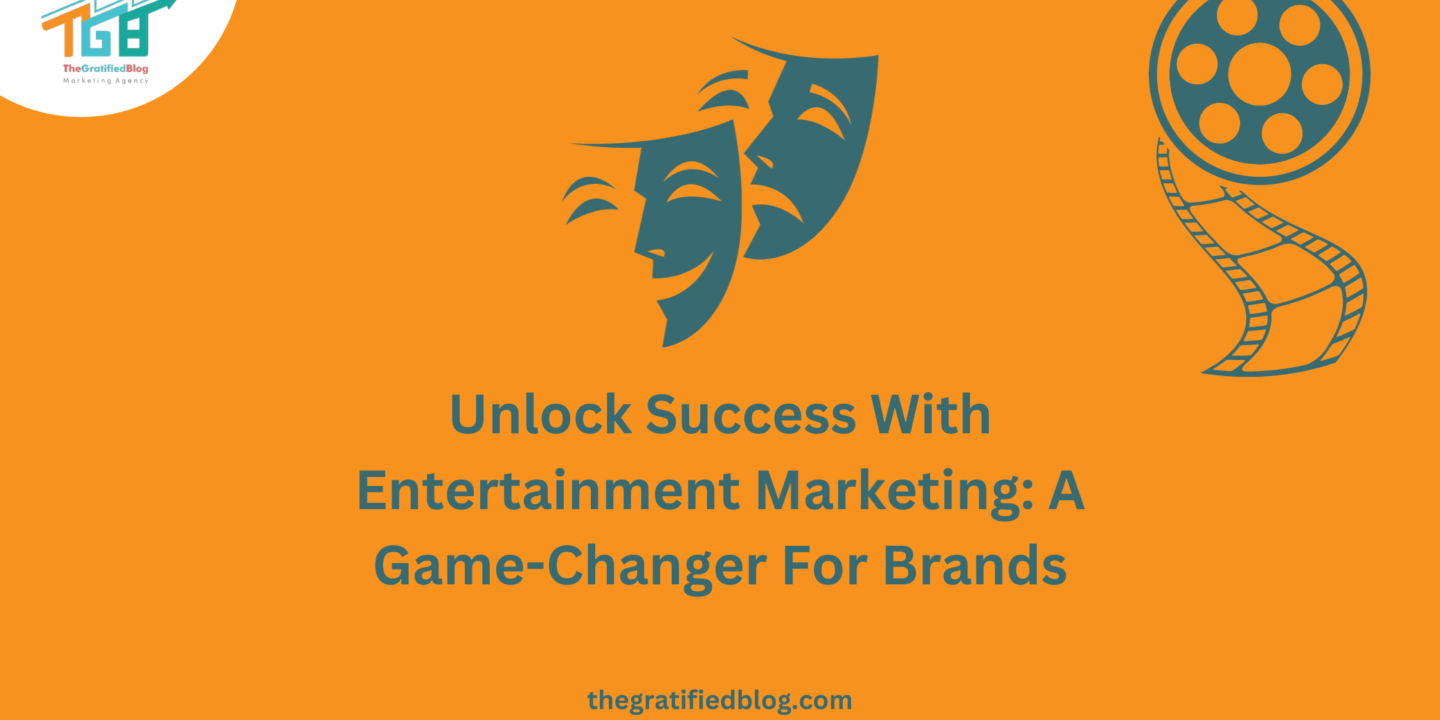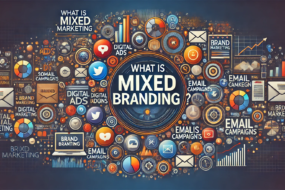
In today’s dynamic and ever-evolving marketing world, capturing your target audience’s attention has become both an art and a science. Amidst the constant noise of advertisements and promotional content, marketers are constantly searching for innovative ways to connect with consumers on a deeper level. Enter the captivating world of Entertainment Marketing – a powerful strategy that leverages the irresistible allure of entertainment to engage, influence, and leave a lasting impact.
In this blog post, we will take an exciting journey into the world of Entertainment Marketing. We will delve into the advantages of Entertainment Marketing, navigate the obstacles it presents, uncover effective strategies for success, and ultimately arrive at a thoughtful conclusion.
Understanding Entertainment Marketing And Its Benefits
Entertainment Marketing is a way for companies and brands to use fun and exciting things like movies, TV shows, music, and games to promote their products or services.
Instead of just showing ads, they create content that people enjoy and find entertaining, and within that content, they subtly include messages about their products. It’s like having a good time while learning about something cool a brand offers. It helps companies connect with customers more enjoyably and memorably.
Benefits of Entertainment Marketing:
- Emotional Connection with Audiences
It allows brands to create a deep emotional connection with their audiences. When a brand’s content entertains people, they form positive associations and memories. Establishing emotional bonds can result in customer loyalty and advocacy. For example, a heartwarming short film by a mobile phone company can make viewers feel Fostering emotional connections with the brand increases the likelihood that they will choose it when buying a phone. - Enhanced Brand Visibility
It often involves collaborating with popular entertainment channels or personalities, significantly increasing a brand’s visibility. When a brand partners with a well-known celebrity or sponsors a significant event, it gains exposure to a broader audience. This exposure can boost brand recognition and attract new customers. For instance, a fashion brand sponsoring a famous music festival can become more recognizable among festival-goers. - Leveraging Pop Culture Trends
It allows brands to tap into current pop culture trends and stay relevant. By aligning their messaging with what’s popular in entertainment, brands can capture the attention of a trend-savvy audience. For example, if a fast-food chain creates a viral TikTok challenge related to a popular dance trend, it can generate buzz and engagement among younger consumers.
Now that we know what entertainment marketing is and what its benefits are let’s understand the challenges and strategies that entertainment marketing has.
Challenges In Entertainment Marketing
- Overcoming Consumer Skepticism: Consumers are becoming increasingly aware of marketing tactics and can be skeptical of brands trying too hard to be entertaining. Overcoming this skepticism requires authenticity. Brands must ensure their entertainment marketing efforts align with their values and products. If consumers feel that a brand is insincere or using entertainment as a mere gimmick, it can backfire and harm its reputation.
- Navigating Copyright and Licensing Issues: Incorporating entertainment elements often involves using copyrighted materials or collaborating with content creators and artists. Brands must navigate complex copyright and licensing laws to avoid legal issues. Failure to do so can result in lawsuits, fines, and damage to the brand’s reputation. Careful legal considerations and partnerships with experienced professionals are essential to avoid these pitfalls.
- Measuring ROI (Return on Investment): Measuring the success and ROI of Entertainment Marketing campaigns can be challenging. Unlike traditional advertising, directly linking entertainment content to sales or specific outcomes is often more complex. Brands must establish clear metrics and objectives before launching such campaigns and use tools like tracking website visits, social media engagement, and surveys to gauge the impact. Determining the direct effect on sales can be elusive, making ROI evaluation more nuanced.
Strategies For Effective Entertainment Marketing
- Analyzing your target audience is the cornerstone of understanding successful entertainment marketing. Start by creating detailed buyer personas – fictional representations of your ideal customers. That includes demographic information, interests, behaviors, and pain points. Once you know your audience inside and out, tailor your entertainment content to align with their preferences and values. That ensures that your content resonates and engages with the right people. For instance, if you’re targeting young gamers, create content that appeals to their gaming interests.
- Authentic Storytelling: Authenticity is critical in entertainment marketing. People connect with stories that feel real and relatable. Craft narratives that genuinely reflect your brand’s values and personality. Avoid coming across as too promotional or insincere. Share stories that evoke emotions, solve problems, or entertain, all while subtly integrating your brand’s message or product. Authentic storytelling can create a solid emotional bond between your brand and your audience, enhancing brand loyalty.
- Leveraging Social Media and Influencers: Social media platforms provide a decisive stage for entertainment marketing. Create shareable and engaging content tailored to each platform’s audience and features. To expand your reach, collaborate with social media influencers who align with your brand and have a following that matches your target audience. Influencers can authentically integrate your brand into their content, reaching followers more naturally than traditional advertising. For instance, a makeup brand might partner with beauty influencers to showcase its products through tutorials and reviews.
Conclusion
Having gained insight into entertainment marketing and its potential, consider shifting your focus and resources towards this strategy to witness a transformation in your business’s image and performance, reducing the need for conventional advertising and marketing tactics.
If you still have any inquiries about this topic, please post them in the (specified) section. We will be happy to answer you.
Thanks for reading 🙂
Also read: A Complete Guide To Podcast Marketing, and
A Complete Guide To Marketing Process








No Comments